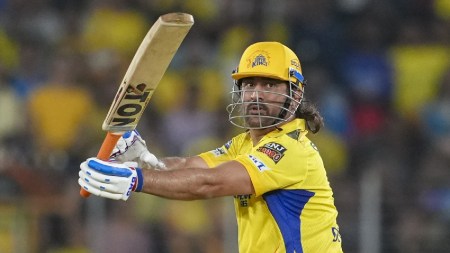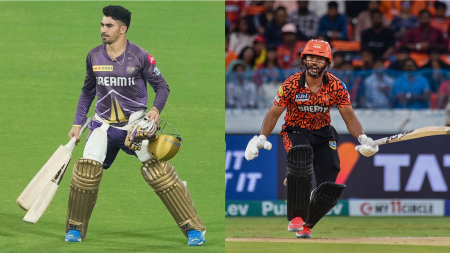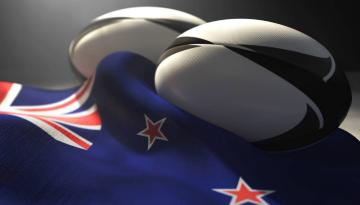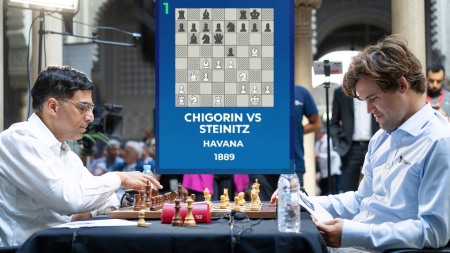“The pressure at shooting trials is a little bit more than the Olympics… it’s just so difficult to get into the team.”
* Sandeep Singh, an Armyman, has served in Siachen, faced a dope ban and is yet to win an international medal. Rudrankksh Patil is a former world champion, a world number one and a world record holder.
But if the National Rifle Association of India (NRAI) follows its rules to the dot, it will be Sandeep and not Patil who will represent India at the Paris Olympics.

* On May 5, China’s Jianyu Han shattered the 10m air rifle world record, scoring a scarcely-believable 636.3 out of a maximum of 654. It felt like the mark would take some time to be surpassed.
On ay 18, 20-year-old Ramita Jindal, under immense pressure to remain in contention for a spot in the Paris-bound Indian team, bettered it by a decimal: 636.4.
The first instance from the four-week-long Olympic Selection Trials (OST) underlines India’s bench strength and depth in quality. The second points at the ridiculously high scores in circumstances all shooters, in one voice, described as ‘tougher than the Olympics.’
“I feel Tokyo (Olympics) was easier. Competing here was tougher,” says Elavenil Valarivan, who shot a better score than the existing world record in the 10m air rifle final on Sunday and confirmed her spot in the Olympic team.
Arjun Babuta vows that “if someone is in the top three in Indiathat shooter is also among the best in the world.” And Ramita, who will be headed to her maiden Olympics like Babuta, adds: “The pressure here (at trials) is a little bit more than the Olympics… it’s just so difficult to get into the team.”
India has won a total of 21 quotas for the Paris Olympics. Only China, with 22, has more. Nine quota winners couldn’t even make it to the final team, which the selection committee is yet to rubber stamp.
Those who have made it had to dig deep to overcome the anxious moments. The common thread that runs through the qualification paths of Ramita, Elavenil and Babuta is that, at crucial points during these trials, they had to better the existing world record marks.
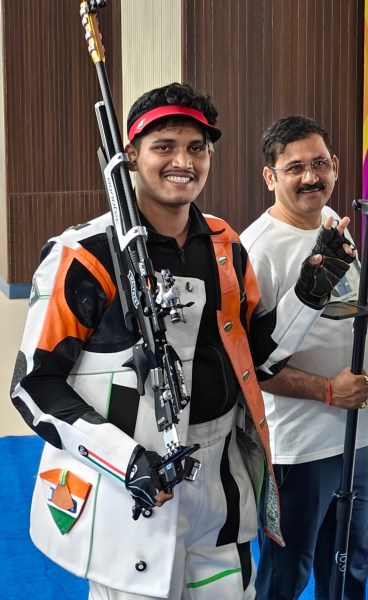 Rudrankksh Patil, who won the Olympic quota by winning the world championship gold, may not make it to the Olympics.
Rudrankksh Patil, who won the Olympic quota by winning the world championship gold, may not make it to the Olympics.
They weren’t the only ones to have done that. Manu Bhaker, who could be competing in three different pistol events at the Games, shot better than the world record in the first trials (47 out of 50) in the 25m pistol event. A couple of weeks later, she shot a score equal to the world mark to seal her spot in the team.
For some, even a world record mark wasn’t enough, as pistol shooter Naveen discovered. Despite a high score in the third trial, his overall average wasn’t good enough to merit a spot in the team.
Chinese shooters bettered 12 world record marks and equalled two more during their rifle and pistol selection trials earlier this year.
The comparison with China is irresistible. Former national coach Deepali Deshpande says the quest for medals could largely be between China, India and the USA. “Since Russia won’t be there, it will make a difference,” she says.
Due to the strict qualification restrictions on Russian athletes owing to the war in Ukraine, no one from the shooting powerhouse will be at the Paris Games. In Tokyo, Russian shooters were third on the sport’s medals table behind China and the USA.
India, of course, had zero medals.
Past imperfect
The second successive Olympic debacle left deep scars on the young shooters’ minds. It took months – almost a year for some – to recover but the mere mention of the Covid-hit Games still sends the shooters into deep introspection mode.
Anjum Moudgil fell out of love with shooting. Manu reset completely, starting from the juniors all over again. Elavenil spun the nightmare into a source of motivation. And Aishwary Pratap Singh Tomar had a brief breakdown.
These four are the only ones out of the 14 rifle/pistol shooters who have survived this brutal and shortened Tokyo-to-Paris cycle and will return to the Games. For the rest, it will be their first brush with the Olympics. “I am carrying no previous baggage,” Babuta says.
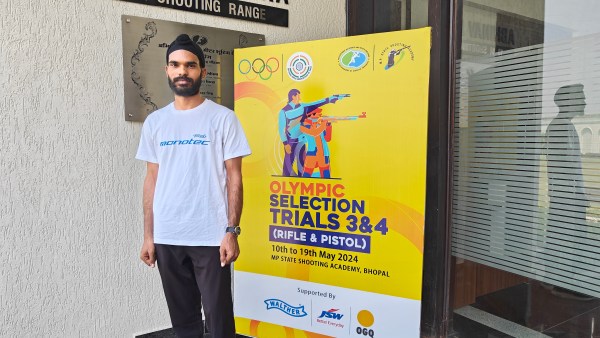 Sandeep Singh, an Armyman, has served in Siachen, faced a dope ban and is yet to win an international medal.
Sandeep Singh, an Armyman, has served in Siachen, faced a dope ban and is yet to win an international medal.
The high scores and the 21 berths may have revved up the hype machine. Deshpande, however, says the high qualification numbers must be seen with a certain nuance.
“The quota system for this cycle had two continental qualification tournaments. The second Asian Shooting Championship was a little diluted. It’s good that we managed to get quotas there, but it’s also important to see that the quotas we won early on, in the two World Championships, give us a clearer picture of where Indian shooting stands at the world level,” Deshpande, who is the personal coach of four Paris-bound shooters, says.
She adds that the gold medals won at the Asian Games, too, carry weight given they came in China against Chinese shooters.
With this perspective, the selectors – who could meet this week to review the trials – will have some big calls to make, especially in the 10m air rifle event.
For, it has created a situation where a shooter, Rudrankksh Patil, who won the Olympic quota by winning the world championship gold (Abhinav Bindra is the only other Indian to win a 10m air rifle world championship gold) may not make it to the Olympics. Patil finished outside the top two, thus complicating his path to Paris.
Top Sports News Now- KKR vs SRH Live Score, IPL 2024 Qualifier 1
- Story behind Magnus Carlsen beating Vishy Anand in 10 moves at Casablanca
- CSK CEO on Dhoni's future: 'He will inform us, we will not interfere'
Armyman Sandeep Singh finished on top. He shot high scores in the qualifying rounds. But he failed to convert them into top-3 finishes in a field of five at the trials. In the three World Cups and one Asian Championship he’s competed in so far, he couldn’t make it to the final.
Yet, this shows what shooters have been saying all month, how hard it is just to get into the Indian team. It points at strength in depth. But after two Olympic setbacks, India have to find a way to convert that into medals.
Disclaimer: The copyright of this article belongs to the original author. Reposting this article is solely for the purpose of information dissemination and does not constitute any investment advice. If there is any infringement, please contact us immediately. We will make corrections or deletions as necessary. Thank you.
